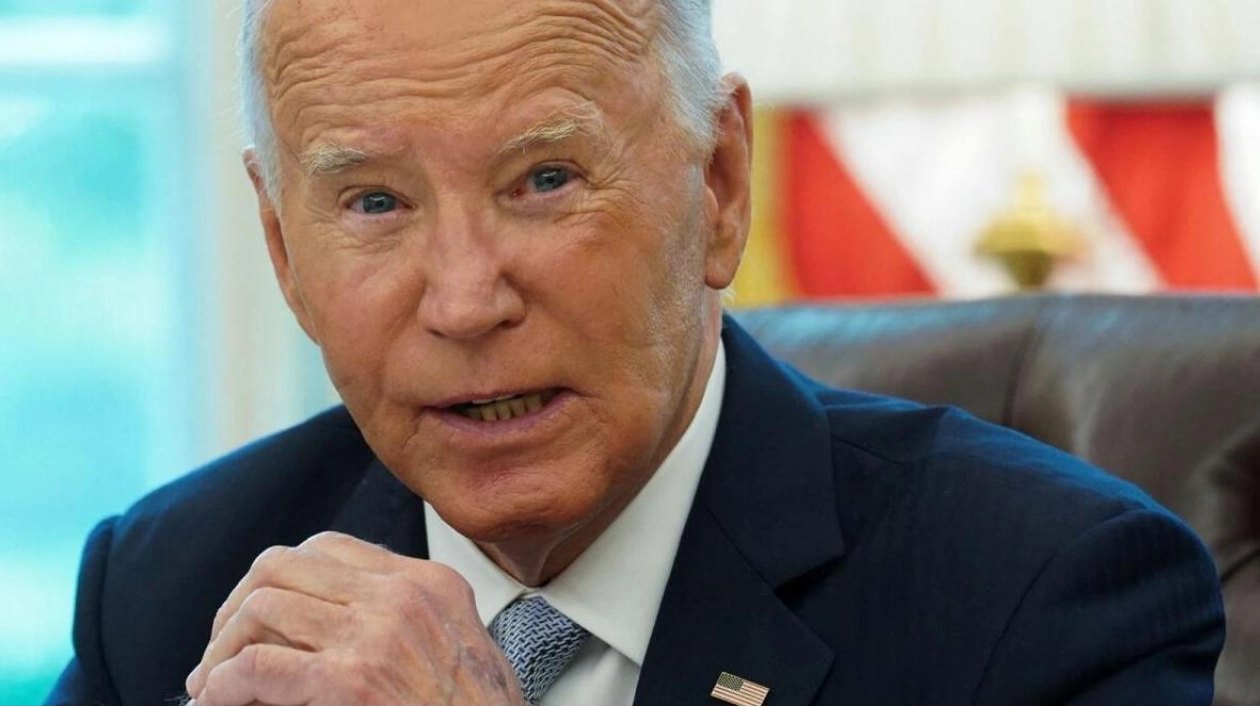US President Joe Biden touted the progress in reducing inflation and boosting employment on Thursday, a day after the Federal Reserve's interest rate cut, while pledging to continue efforts to lower costs for American families.
Biden will use an Economic Club of Washington event to summarize how effectively the US responded to the COVID-19 pandemic and the inflation surge following Russia's invasion of Ukraine, according to his chief of staff, Jeff Zients. Many economists had forecasted a recession to curb inflation, but Biden's policies, which focused on expanding domestic manufacturing, investing in clean energy and infrastructure, and capping drug costs for seniors, helped create 16 million jobs and raise wages, Zients noted.
Despite these gains, polls indicate that Americans remain deeply concerned about the economy and inflation. Vice-President Kamala Harris, who became the Democratic nominee after Biden withdrew from the race in July, and former Republican President Donald Trump are essentially tied in the polls, just seven weeks before the November 5 US presidential election. A recent Reuters/Ipsos poll showed Trump had an edge on the inflation issue, with 43% of voters believing he would be more likely to lower prices for everyday items like groceries and gas, compared to 36% who chose Harris.
Biden and Harris are committed to continuing efforts to lower costs and strengthen the economy, Zients said. "The president understands this is not the time for complacency, which is why he will discuss the ongoing work... to make the economy stronger, create more jobs, and importantly, lower costs," he told reporters.
Fed Chair Jerome Powell, speaking after the central bank cut interest rates by half a percentage point, said the economy remains robust but policymakers aim to prevent any weakening in the job market. The unemployment rate, currently at 4.2%, is more than half a percentage point higher than when the Fed initiated its aggressive rate-hike campaign in March 2022.
National Economic Council Director Lael Brainard highlighted that the Fed's rate cut signals a "clear indication that inflation has returned to pre-pandemic levels." Mortgage rate reductions have already saved the average home buyer $5,000 annually, with further savings expected as rates decline. Additionally, the cuts will save the average new car buyer nearly $1,100 over the life of the loan.
However, Brainard emphasized that more work is needed to reduce housing costs, support childcare needs, and sustain gains for working-class families. The White House is monitoring geopolitical risks, including escalating tensions in the Middle East, but sees no significant risks to the broader economic outlook, an official said.






